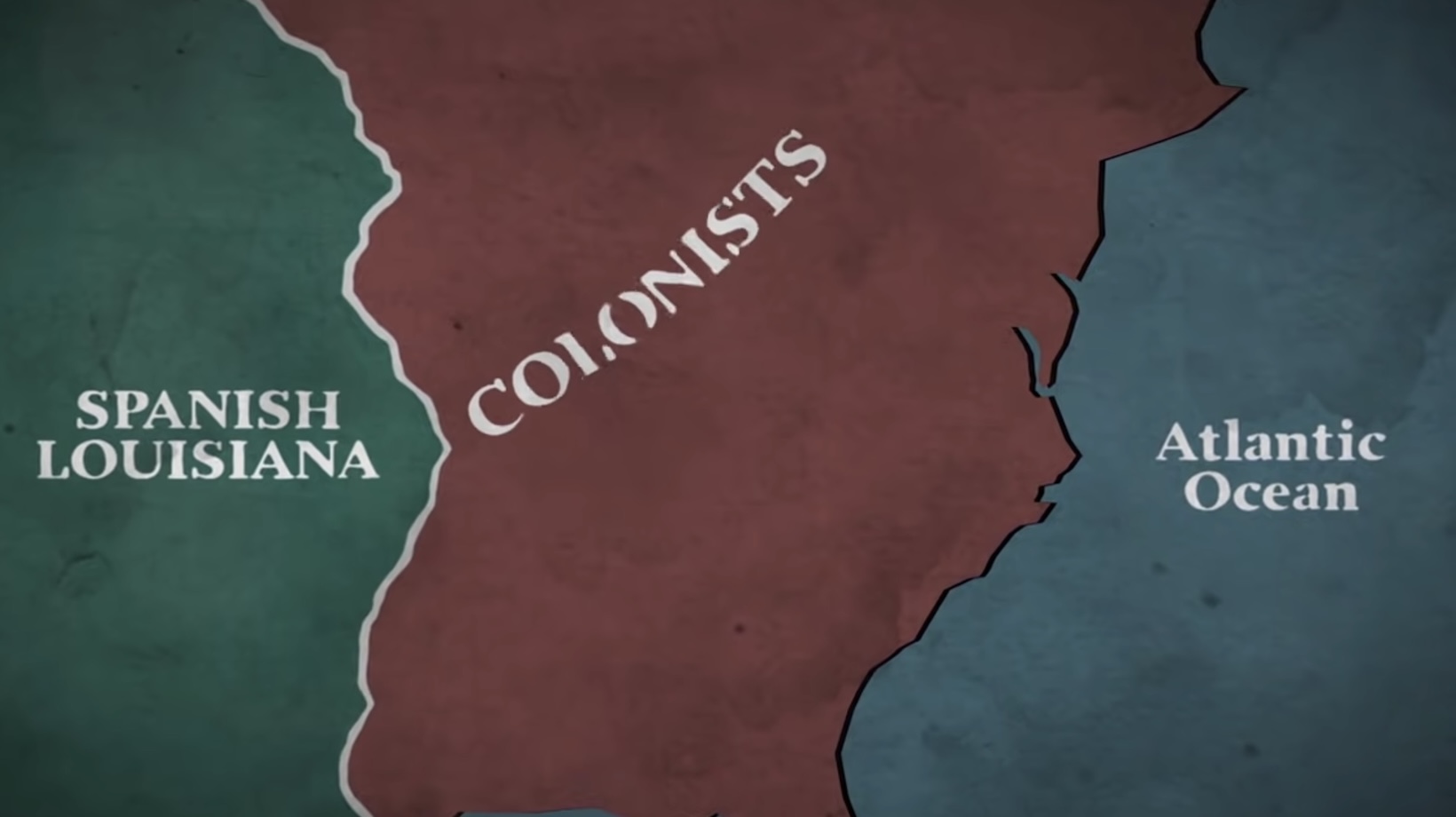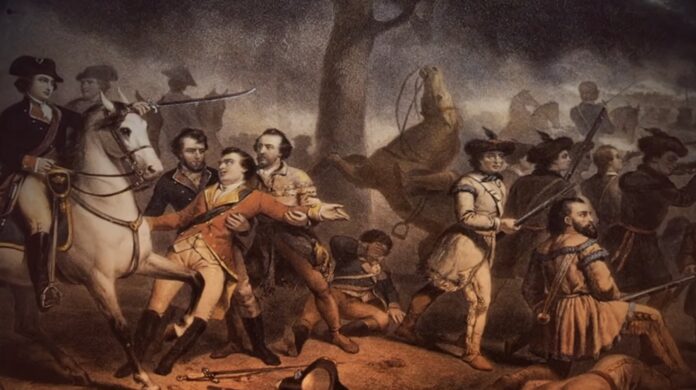Proclamation of 1763 APUSH
The Proclamation of 1763 is a significant event in American history that is often studied in the context of the APUSH (Advanced Placement United States History) curriculum. This proclamation, issued by King George III, marked a turning point in the relationship between the American colonies and the British Crown.
The Proclamation of 1763 was a response to the end of the French and Indian War, also known as the Seven Years’ War. The British Crown issued the proclamation to establish a boundary line along the crest of the Appalachian Mountains, prohibiting colonists from settling west of that line. The intention was to prevent conflict with Native American tribes and maintain control over the western territories.
This proclamation had several key provisions that impacted the American colonies. First, it restricted colonial expansion and land speculation, which frustrated many colonists who had hoped to acquire new lands. Second, it required colonists who had already settled west of the Appalachian Mountains to leave and return to the eastern side of the boundary line. This enforcement of the proclamation was meant to assert British authority over the colonies.
The Proclamation of 1763 generated significant backlash from the American colonists. They saw the proclamation as a violation of their rights and a restriction on their freedom to pursue economic opportunities in the western frontier. Colonists felt that the proclamation favored the interests of the British Crown and Native American tribes over their own.
Furthermore, the proclamation further alienated the colonists and contributed to the growing sentiment of dissatisfaction with British rule. It added fuel to the fire of colonial grievances that eventually led to the American Revolution. The Proclamation of 1763 is often cited as one of the contributing factors that fueled the colonists’ desire for independence.
The Proclamation of 1763 is a crucial topic in APUSH that highlights the strained relationship between the American colonies and the British Crown. Its provisions and the colonists’ reactions to it played a significant role in shaping the course of American history. Understanding the ramifications of this proclamation is essential for a comprehensive understanding of the events leading up to the American Revolution.

Background of the Proclamation
French and Indian War
The Proclamation of 1763 is a pivotal moment in American history that emerged in the aftermath of the French and Indian War, a conflict between the British and French forces for control over North America. This war, which lasted from 1754 to 1763, resulted in a British victory and the acquisition of vast territories previously held by the French.
Treaty of Paris 1763
To formally end the French and Indian War, the Treaty of Paris 1763 was signed between Britain, France, and Spain. Under this treaty, France ceded its North American territories east of the Mississippi River to Britain, effectively doubling the size of the British Empire. In addition, Spain relinquished Florida to Britain in exchange for the return of Cuba, which it had lost during the war.
The acquisition of these vast territories brought about new challenges for the British Crown. With the newfound control over the western territories, there was a need to establish a clear boundary line and devise a strategy to prevent conflict with Native American tribes.
The Proclamation of 1763 was the British Crown’s response to these challenges. It aimed to establish a boundary line along the Appalachian Mountains, effectively prohibiting colonial expansion beyond this point. The intention was to maintain control over the western territories, prevent conflicts with Native Americans, and regulate the relationship between the colonists and indigenous peoples.
However, this proclamation also required colonists who had already settled west of the boundary line to return to the eastern side. This restriction on their ability to expand and pursue economic opportunities generated significant backlash among the colonists. They viewed it as a violation of their rights and an interference in their pursuit of prosperity.
The Proclamation of 1763 further deepened the growing dissatisfaction among the colonists with British rule. It was seen as yet another example of the British government’s disregard for the rights and interests of the colonists. This discontent would ultimately fuel the desire for independence and play a pivotal role in the lead-up to the American Revolution.


